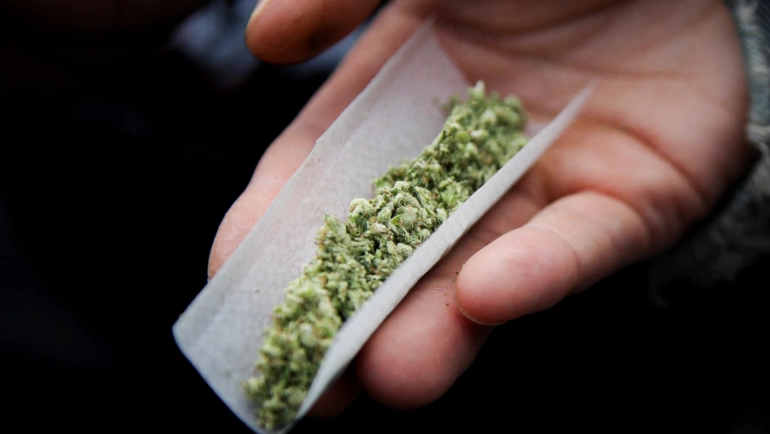54Views

Mental illness often has an influence over an individual’s behavior. Depression may cause someone to make hasty decisions which lead to criminal charges and can alter their decision making processes.
An experienced DUI attorney can effectively advocate for a comprehensive mental health evaluation in Sandy Springs Municipal Court and, depending on its outcome, may transfer it to Fulton County State or Superior Court for trial by jury. With effective treatment can come reduced recidivism rates among DUI defendants with mental health conditions.
Mental Health Issues
defendants experiencing mental health issues like depression may find the criminal justice system exacerbating these symptoms. Many inmates don’t receive adequate treatment for their disorders while behind bars and may reoffend upon release.
Mental health conditions increase the chances of repeat DUI offenses as untreated psychiatric disorders can exacerbate alcohol addiction and cause dangerous driving behavior.
Sandy Springs’ city solicitor Steven Ellis believes this new program can keep nonviolent offenders out of jail while simultaneously reducing costs to the city. An experienced DUI attorney in Sandy Springs can ensure your legal rights are safeguarded throughout this process and present any relevant mental health issues as mitigating factors in their case.
Substance Abuse Issues
depression-afflicted individuals frequently turn to alcohol or drugs as a form of self-medication, leading them down a path toward legal trouble, including DUI charges. Depression may also impair judgment and impulse control, increasing their risk for making hasty decisions which could result in dangerous driving behaviors.
An experienced Sandy Springs DUI lawyer can provide guidance and solutions that may prevent future repercussions of such charges, such as treatment programs that provide counseling and education on how to deal with depression without turning to substance abuse as an answer.
Experienced attorneys can also challenge evidence used by prosecutors and police, such as field sobriety tests administered during arrest. Such tests include walking in a straight line, standing on one foot, reciting alphabet backwards and more – none of which are reliable indicators of impairment and can therefore be challenged.
Social Stigma
A DUI conviction can have lasting repercussions that reach well beyond an individual’s immediate life. It could affect their employment prospects as many employers conduct background checks that reveal criminal convictions; and prevent them from acquiring professional licenses or renting an apartment.
People affected by HIV may also feel shame and guilt over their actions, particularly if these caused harm to others. This may result in feelings of isolation as they avoid social situations because they fear being judged by others.
Legal systems offer ample opportunities for rehabilitation and prevention, such as court-sponsored programs that assist those suffering from substance abuse issues and can significantly decrease recidivism rates. Furthermore, defense attorneys may highlight efforts made by an individual to change their behavior to increase chances of receiving a more lenient sentence and potentially dismiss charges altogether if they successfully complete an alcohol treatment program.
Treatment Options
An individual living with mental illness who enters their vehicle runs the risk of getting themselves into serious trouble. Luckily, there are various treatment options available for those struggling with substance abuse and mental health conditions.
Police officers attempting to assess impairment during a DUI stop usually look for empty beer or liquor bottles, the smell of alcohol, slurred speech and poor balance; additionally they may administer field sobriety tests – physical demonstrations that assess motor control and dexterity.
Many of these exercises are recorded by officers on video. A skilled Sandy Springs DUI lawyer can use this video as evidence against their clients or help them plead guilty for reduced charges. Sometimes the best solution is entering into a rehab program which combines evidence-based practices with holistic treatments in order to stay sober long after their sentences have ended.



